

Damion Smy
Ford posts its biggest loss since the Global Financial Crisis
9 Hours Ago
'This otherwise enviable country of ours has lagged behind the rest of the first world in creating the conditions for zero emissions mobility," says VGA.

Senior Contributor
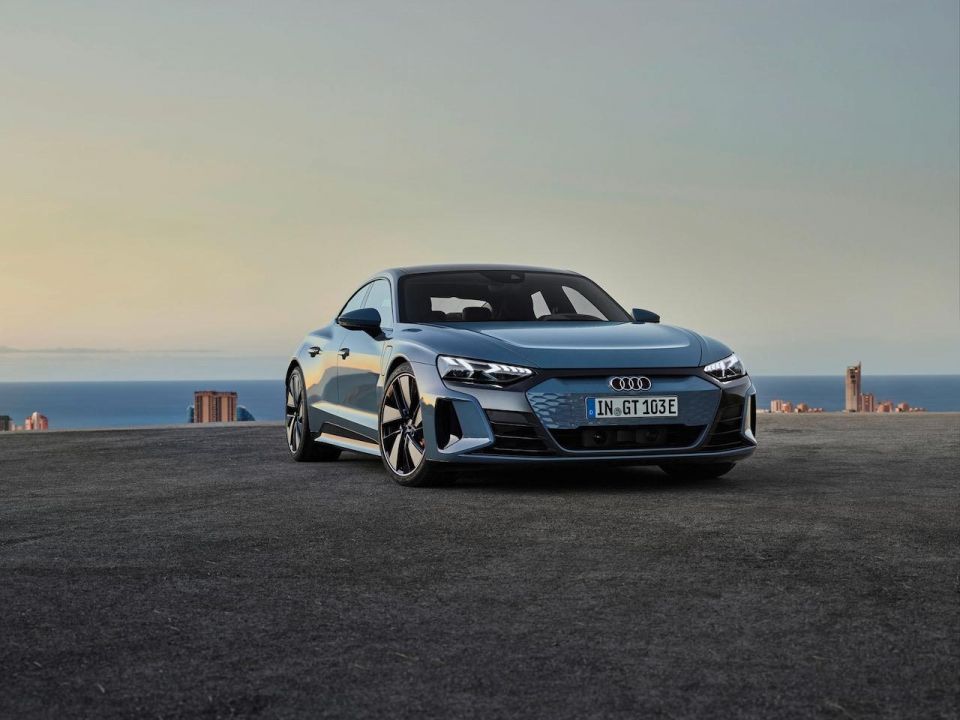

Senior Contributor
Volkswagen Group Australia (VGA) managing director Paul Sansom is confident the combined brands will eventually become the leading source of electric vehicles in this country.
The VGA sales company oversees local operations for four big car brands, and has a fifth on the way. The initial quartet are Audi, Volkswagen Passenger, Volkswagen Commercial, and Skoda, and the latter is new kid on the block Cupra.
“We are by some distance Australia’s primary importers of European passenger vehicles and will become the most significant source of electric vehicles in this country,” Mr Sansom told the Green Building Council of Australia this week in a keynote address.
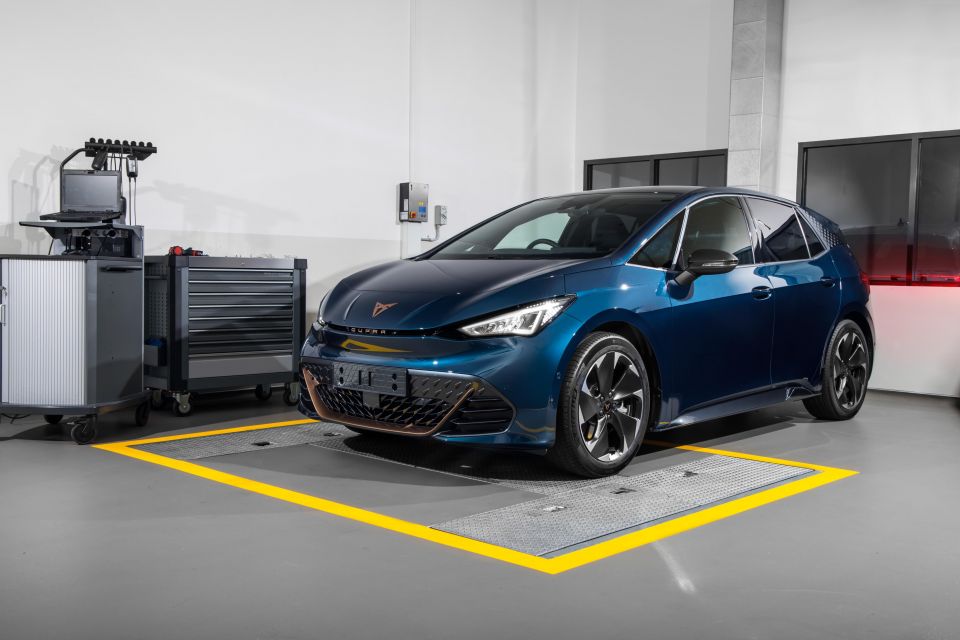
The plan to overtake Tesla is bold. At present the only VGA brand selling electric cars in Australia is Audi, with Cupra to become the second when it launches its Born EV before the end of 2022.
Just this week Skoda confirmed plans to import the Enyaq, but won’t open order books until 2023. As for Volkswagen itself, an ID-related announcement is said to be imminent, but as it stands the ID.3 and ID.4 won’t come here until next year at the very earliest.
“Volkswagen Group Australia’s target to become the leader in EVs is by no means ambitious; it is merely realistic,” Mr Sansom added, hinting at the timeline of which he speaks while flagging the global $115 billion investment into EV research and development underway.
MORE: Q&A with Paul Sansom, Volkswagen Group Australia managing director
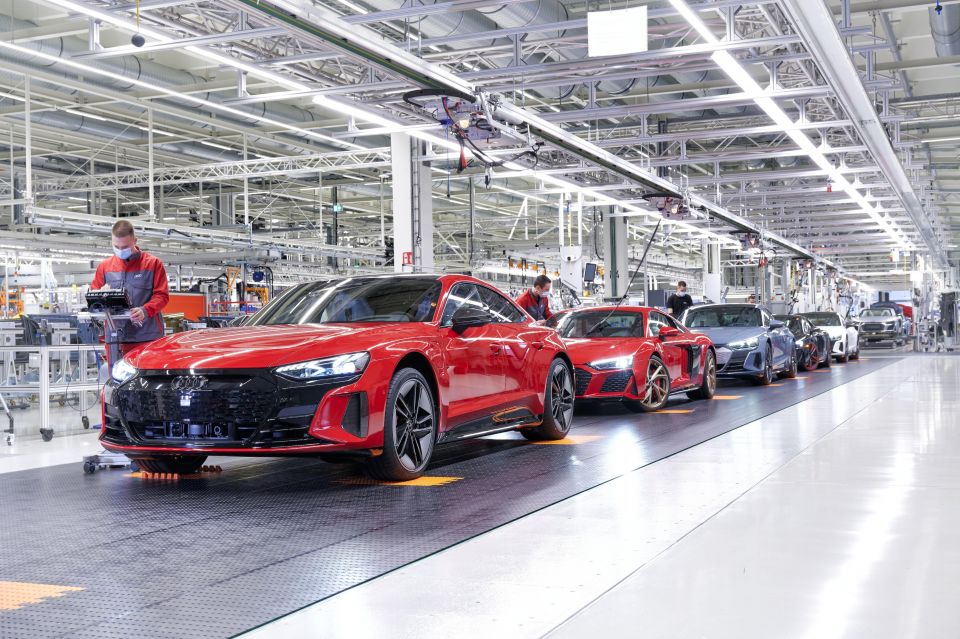
“By 2030, 50 per cent of vehicles produced by the Volkswagen Group will EVs. By 2040 that will be closer to 100 per cent. By that time all of our global production plants will have long since been carbon neutral.”
“… Closer to home, perhaps 25 per cent of Australia’s passenger vehicle fleet will be of the re-chargeable battery variety by the end of this decade,” he added.
“First, though, we have to be able to make EVs run. To do that we must be able to charge them. VGA has said with reason that this otherwise enviable country of ours has lagged behind the rest of the first world in creating the conditions for zero emissions mobility.”
Mr Sansom was speaking at a Green Building Council summit in Sydney – the rationale being the automotive and the building industries “are becoming increasingly and permanently interdependent”.
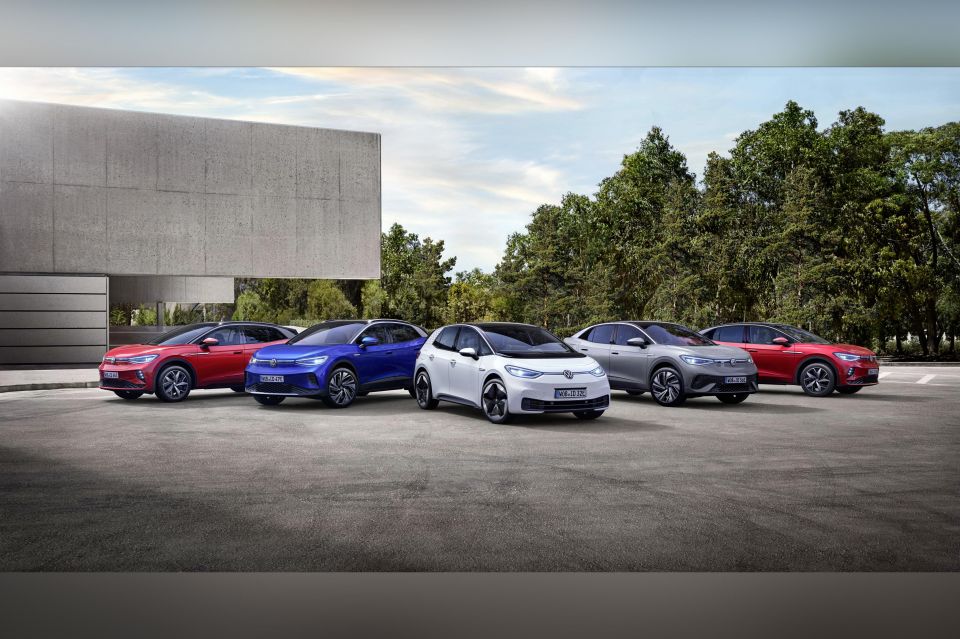
Mr Sansom called for a federal building code that made in-home charging infrastructure a priority, saying it needed to address “the most transformative juncture in recent history”.
The group renewed its call upon the federal government for binding CO2 emissions standards and a building code policy that all states can adopt, saying in terms of the global quest for sustainability, a zero emission vehicle fleet is a “non-negotiable pre-condition”.
“One of the greatest barriers to EVs in this country remains so-called range anxiety. The opportunity – the necessity – exists to transform this perception to a reality of convenience and enablement,” he said.
“The creators of our built environment will provide accessible and efficient home charging. This will be the greatest enabler of zero-emission vehicle ownership.
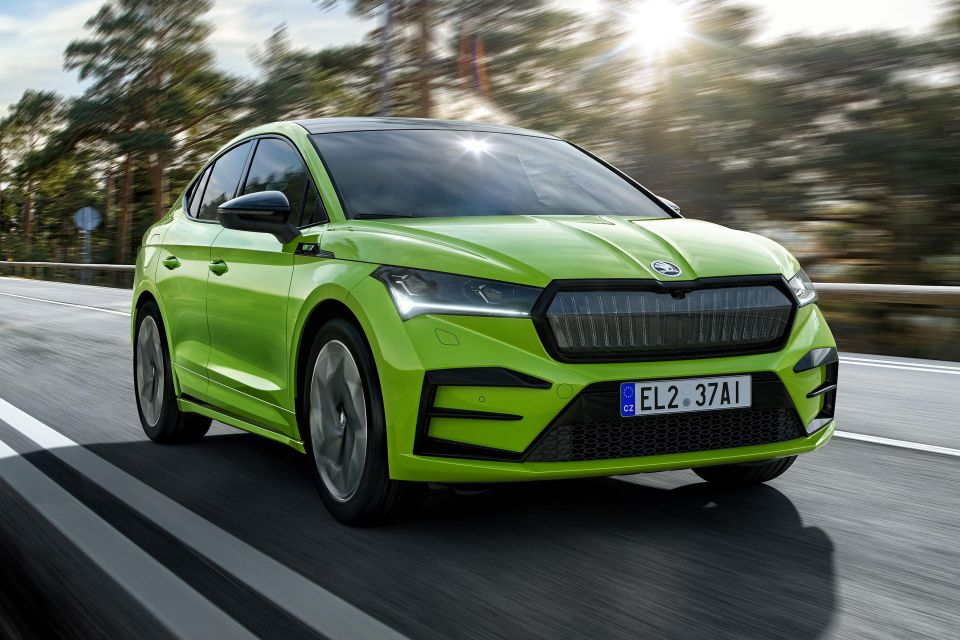
“Neither new houses nor new apartment buildings will be feasible without easy access to renewable EV charging; no more so than a home without internet access.
“Right now there are difficult discussions in strata committees across our increasingly high-density cities as to how to levy the retrofitting of EV charging points and wall boxes.
“As one Sydney strata manager told The Sydney Morning Herald in December, the provision of charging capability is ‘about future-proofing the building’. There can be no doubt that the lack of such facility will negatively affect the value of property.”
Mr Sansom added the EV switch and drive to urbanisation were “permanently interdependent” megatrends, calling nascent ‘Vehicle to Grid’ technology “a game changer with respect to accelerating EV uptake in Australia and reducing the national carbon footprint”.
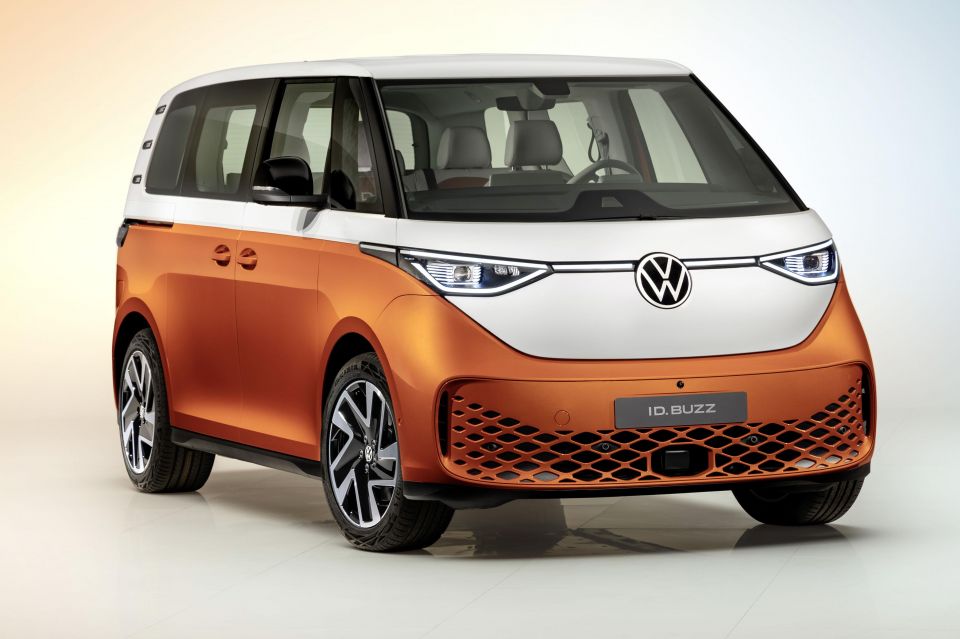
“We can now talk of electric vehicles that can function as a power source on wheels – automotive agents of change that will evolve the nature of personal mobility,” he said.
“Soon, our cars will become your own personal renewable energy eco system by using the cars battery to store solar power for domestic use in your homes. The MEB platform, on which Volkswagen Group EVs are built, features this technology.”
“… Our respective industries are at the heart of a profound change in the way we live and move. While there is no doubt that we share this responsibility, we who are the ones best placed to make change happen. In fact, we cannot do it without you,” he told the summit.
EVs in Australia
EV take-up in Australia is far lower than in North America, Europe or China. It’s growing by triple-digits year-on-year, but is held back by tight supply and a lack of national CO2 targets that would force car brands to send more battery-powered cars here.
MORE: Power company, car subscription provider AGL testing EV grid impacts MORE: Q&A with Paul Sansom, Volkswagen Group Australia managing director


Damion Smy
9 Hours Ago
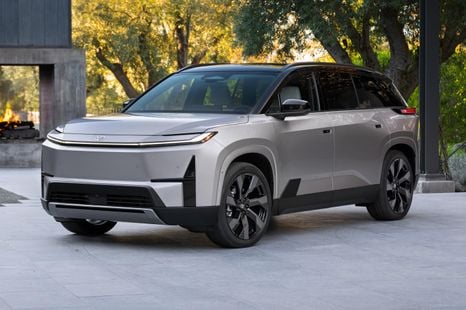

Damion Smy
10 Hours Ago
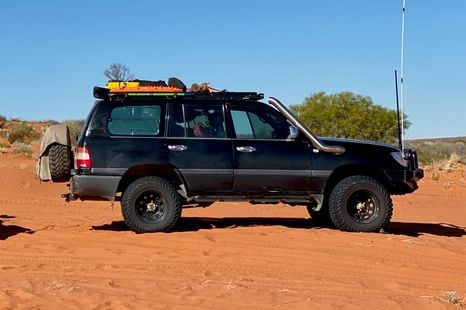

Ben Zachariah
12 Hours Ago
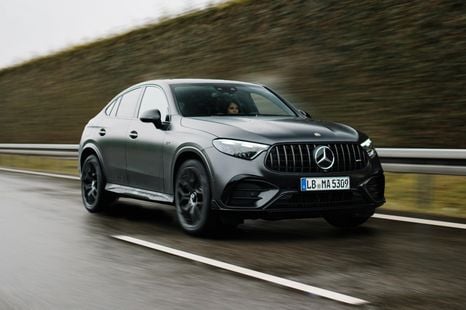

William Stopford
13 Hours Ago
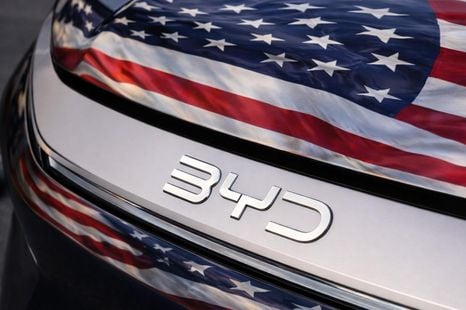

Damion Smy
15 Hours Ago
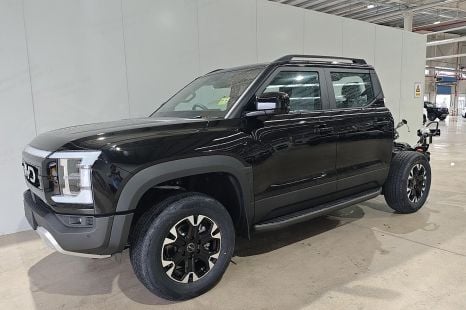

William Stopford
16 Hours Ago
Add CarExpert as a Preferred Source on Google so your search results prioritise writing by actual experts, not AI.